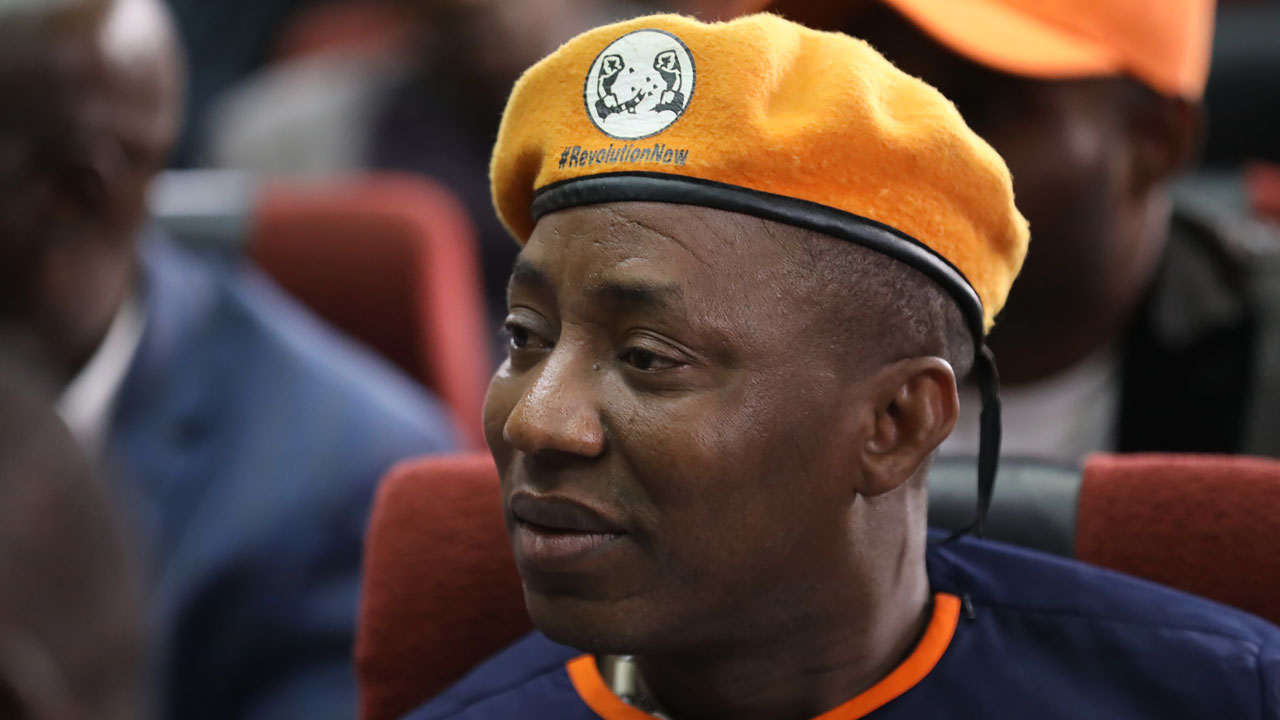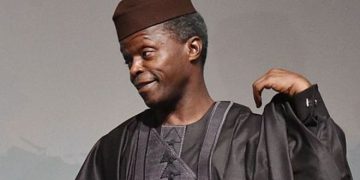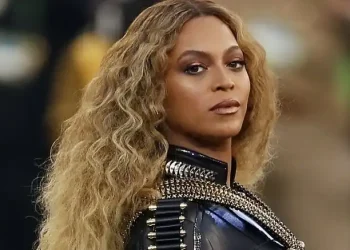African media is witnessing a seismic shift as MultiChoice, the continent’s largest pay-TV operator, announces a comprehensive restructuring of its South African operations. This strategic move comes as the company prepares for its anticipated acquisition by French media giant Canal+, marking a pivotal moment that could reshape how millions of viewers across Africa consume entertainment content.
But what does this mean for you as a viewer? And how will this transformation impact the broader African media ecosystem? Let’s dive deep into this unfolding story that’s capturing the attention of industry watchers, regulators, and subscribers alike.
The relationship between MultiChoice and Canal+ isn’t exactly new – it’s been brewing for years like a slow-cooked stew. Canal+ has been steadily increasing its stake in the African broadcaster, building a strategic partnership that now seems poised to evolve into a full acquisition.
Why would a French media company be so interested in African broadcasting? The answer lies in the numbers. Africa represents one of the world’s fastest-growing media markets, with a young, increasingly connected population hungry for quality entertainment content. For Canal+, acquiring MultiChoice isn’t just about expanding geographically – it’s about securing a foothold in a market that’s expected to explode over the next decade.
Canal+ has been playing the long game here. They’ve watched as global streaming giants like Netflix and Disney+ have made aggressive moves into African markets, and they know that traditional broadcasting needs to evolve or risk becoming obsolete. By partnering with MultiChoice, they’re essentially buying a ticket to the future of African entertainment.
The journey began in 2020 when Canal+ first acquired a 6.5% stake in MultiChoice, signaling their serious interest in the African market. This wasn’t just a financial investment – it was a strategic positioning move. Over the following years, Canal+ continued to increase their stake, building relationships and understanding the unique challenges and opportunities of the African broadcasting landscape.
Earlier in 2024, Canal+ made a formal offer to acquire MultiChoice outright, setting in motion a complex process involving regulatory reviews, shareholder approvals, and strategic restructuring. The proposed multi-billion-rand deal has been making waves across the media industry, with everyone from competitors to content creators watching closely.
Now, let’s talk about what’s actually happening on the ground. MultiChoice isn’t just sitting around waiting for the acquisition to complete – they’re actively reshaping their operations to ensure they’re in fighting form for whatever comes next.
When we talk about “restructuring,” it often sounds like corporate speak, but what does it really mean? In MultiChoice’s case, it involves taking a hard look at every department, every role, and every process to determine what’s working and what isn’t.
The company is reviewing its staffing structures – not necessarily to lay people off, but to ensure that the right people are in the right positions to tackle the challenges of the streaming era. Think of it like rearranging your living room – sometimes you need to move the furniture around to create better flow and functionality.
Internal divisions are being re-aligned to break down silos and improve collaboration. In today’s fast-moving media landscape, the ability to pivot quickly and respond to market changes is crucial. A lean, agile organization structure isn’t just nice to have – it’s essential for survival.
Here’s where things get really interesting. MultiChoice has recognised that the future of television isn’t just about broadcasting content to passive viewers – it’s about creating interactive, personalised experiences that can compete with global streaming platforms.
The company is investing heavily in its digital capabilities, from improving its DStv app to exploring new ways of delivering content. They’re not just trying to keep up with Netflix and Disney+ – they’re trying to beat them at their own game by leveraging their deep understanding of African audiences.
What does this mean practically? Better streaming quality, more personalized recommendations, improved user interfaces, and potentially new features that we haven’t seen before. The goal is to make the MultiChoice ecosystem so compelling that subscribers won’t even consider switching to international competitors.
Cost-Cutting Measures and Efficiency Improvements
Let’s be honest – running a pay-TV operation in Africa comes with unique challenges. From currency fluctuations to infrastructure limitations, MultiChoice has to navigate obstacles that their international competitors simply don’t face.
The efficiency improvements aren’t just about cutting costs – they’re about smart resource allocation. By streamlining operations, MultiChoice can reinvest savings into content creation, technology improvements, and subscriber acquisition. It’s like tuning up your car – you might spend money upfront, but you’ll save more in the long run through better performance and fuel efficiency.
South Africa isn’t just another market for MultiChoice – it’s their most profitable and strategically important territory. Understanding why helps explain the significance of this restructuring.
In South Africa, MultiChoice enjoys a level of market penetration that most broadcasters can only dream of. DStv has become almost synonymous with premium television in the country, with a brand recognition that’s built over decades of operation.
But dominance doesn’t mean complacency. The South African market is experiencing the same disruption that’s affecting media companies worldwide. Economic pressures have made consumers more price-conscious, while the proliferation of smartphones and improved internet connectivity has made streaming services more accessible than ever.
MultiChoice’s response? Double down on what they do best while adapting to new realities. They’re not abandoning their traditional broadcasting model – they’re evolving it to meet changing consumer expectations.
The numbers tell the story. South Africa contributes the largest portion of MultiChoice’s revenue, making it essential to get the restructuring right. The company serves millions of subscribers across different price points, from premium DStv Premium packages to more affordable options.
What’s particularly interesting is how MultiChoice is balancing subscriber retention with revenue optimisation. They’re not just trying to keep existing customers happy – they’re working to attract new segments of the market that might have been previously priced out of premium television services.
The elephant in the room, of course, is the growing presence of international streaming services in the African market. Netflix, Disney+, Amazon Prime Video – they’re all making aggressive plays for African eyeballs, and they’re not playing by the same rules as traditional broadcasters.
These global giants bring significant advantages – vast content libraries, sophisticated technology platforms, and deep pockets for marketing and content acquisition. They’ve also been smart about localising their offerings, investing in African content and adjusting their pricing for local markets.
But here’s what they don’t have – the deep, nuanced understanding of African audiences that comes from decades of operation on the continent. MultiChoice knows what works in Lagos versus what resonates in Cape Town. They understand the cultural nuances, the language preferences, the viewing habits that global companies are still trying to figure out.
MultiChoice’s strategy isn’t to become a carbon copy of Netflix – it’s to leverage their unique advantages while adopting the best practices from the streaming world. They’re investing in local content production, improving their technology platforms, and creating more flexible viewing options.
The key insight here is that competition doesn’t have to be a zero-sum game. There’s room for multiple players in the African media market, especially as overall consumption continues to grow. The question isn’t whether MultiChoice can survive the streaming revolution – it’s how they’ll thrive in it.
With great power comes great scrutiny, and the MultiChoice-Canal+ deal hasn’t escaped the attention of regulators across Africa. Competition authorities are asking important questions about market concentration, media plurality, and consumer impact.
Regulators are particularly concerned about what this acquisition might mean for media diversity and competition. When a single entity controls too much of the media landscape, it can potentially limit consumer choice and stifle innovation.
The regulatory review process isn’t just a bureaucratic hurdle – it’s a crucial safeguard for ensuring that the deal serves the broader public interest. Regulators are looking at everything from pricing policies to content diversity requirements.
The broader question is how this acquisition might reshape the entire African broadcasting ecosystem. Will it create a more competitive environment by giving MultiChoice the resources to better compete with global streaming services? Or could it lead to reduced competition in certain markets?
Industry observers are watching closely to see how regulators balance these competing concerns. The outcome could set important precedents for future media consolidation across the continent.
For the millions of MultiChoice subscribers across Africa, the most important question is simple: what’s in it for me? The restructuring and potential Canal+ acquisition promise several potential benefits for viewers.
One of the most immediate impacts subscribers might notice is improved digital services. Think better streaming quality, more reliable apps, and potentially new features that make the viewing experience more enjoyable and convenient.
Canal+ brings significant technical expertise and resources that could accelerate MultiChoice’s digital transformation. This isn’t just about keeping up with competitors – it’s about setting new standards for what premium television services can offer in African markets.
While details remain limited, there’s potential for more flexible pricing options that could make MultiChoice services accessible to a broader range of consumers. The company has been experimenting with different package structures, and the Canal+ partnership could provide additional flexibility in this area.
However, subscribers should also prepare for the possibility that some changes might involve trade-offs. Premium content and improved services often come with premium prices, and finding the right balance will be crucial for maintaining subscriber satisfaction.
New Content Partnership Opportunities
Perhaps most excitingly, the Canal+ connection could open doors to new content partnerships and exclusive programming that wouldn’t have been possible otherwise. Canal+ has relationships with major studios and content creators worldwide, which could translate into more diverse and high-quality programming for African audiences.
This isn’t just about importing international content – it’s about creating opportunities for co-productions, cultural exchanges, and content that truly reflects the diversity and richness of African storytelling.
What do the experts think about all these changes? Industry analysts have been weighing in with perspectives that range from cautiously optimistic to enthusiastically supportive.
Market Analysts’ Views on the Strategic Move
Most analysts agree that the restructuring was necessary and overdue. The traditional pay-TV model has been under pressure for years, and companies that fail to adapt risk becoming irrelevant. MultiChoice’s proactive approach to transformation is being viewed positively by most observers.
The key insight from analysts is that this restructuring isn’t just about survival – it’s about positioning for growth. By becoming more efficient and agile, MultiChoice is preparing to take advantage of opportunities that the changing media landscape will create.
Long-term Implications for African Media
Looking beyond the immediate impact, experts see this deal as potentially catalytic for the entire African media industry. If successful, it could attract additional international investment and partnerships, creating a more vibrant and competitive ecosystem.
There’s also the potential for knowledge transfer and capacity building that could benefit the broader industry. When international companies invest in African markets, they often bring best practices and expertise that can raise standards across the sector.
The Bigger Picture: Africa’s Media Transformation
To truly understand the significance of the MultiChoice restructuring, we need to step back and look at the broader transformation happening across African media markets.
Streaming Revolution Across the Continent
Africa is experiencing its own version of the streaming revolution, but with unique characteristics that reflect the continent’s diverse economic and technological landscape. Unlike in developed markets where streaming largely replaced traditional television, in Africa, multiple models are coexisting and evolving simultaneously.
This creates both challenges and opportunities. Companies need to be more flexible and innovative in their approach, but they also have the chance to leapfrog some of the developmental stages that other markets went through.
Digital-First Strategies in Emerging Markets
What’s particularly interesting is how African media companies are developing digital-first strategies that are tailored to local conditions. This includes everything from mobile-optimized viewing experiences to payment methods that work in cash-based economies.
MultiChoice’s restructuring reflects this broader trend toward digital-first thinking. They’re not just adding digital capabilities to an existing traditional business – they’re reimagining what a media company can be in the African context.
Conclusion: A New Era for African Broadcasting
The MultiChoice restructuring represents more than just corporate reorganization – it’s a symbol of the broader transformation happening across African media markets. As the company prepares for its potential acquisition by Canal+, it’s also preparing for a future where traditional broadcasting and streaming services converge to create new forms of entertainment experiences.
For subscribers, this transformation promises more choice, better quality, and potentially more affordable access to premium content. For the industry, it represents an evolution that could make African media companies more competitive on the global stage.
The success of this restructuring will depend on MultiChoice’s ability to balance multiple competing priorities – maintaining their existing strengths while adapting to new realities, serving local audiences while attracting international partnerships, and remaining profitable while investing in future capabilities.
What’s clear is that the old models of media consumption are giving way to something new and potentially more exciting. MultiChoice’s restructuring isn’t just about preparing for the Canal+ acquisition – it’s about positioning for success in an era where the boundaries between traditional broadcasting, streaming, and interactive entertainment are increasingly blurred.
As we watch this transformation unfold, one thing is certain – the future of African entertainment is being written right now, and MultiChoice is positioning itself to be a key author in that story.
Frequently Asked Questions
1. What will happen to current MultiChoice subscribers during the restructuring? Current subscribers should not experience any immediate changes to their service during the restructuring process. MultiChoice has emphasized that the operational changes are designed to improve service quality and efficiency, not disrupt existing customer experiences. Any major changes to packages or pricing would likely be communicated well in advance.
2. How long will the Canal+ acquisition process take to complete? The acquisition timeline depends on several factors, including regulatory approvals and the completion of due diligence processes. While specific dates haven’t been confirmed, industry observers suggest the process could take several months to over a year, given the complexity of international media acquisitions and the need for regulatory approval in multiple African markets.
3. Will the MultiChoice-Canal+ deal lead to higher subscription prices? While pricing impacts aren’t yet clear, the companies have suggested that the partnership could potentially lead to more flexible pricing options rather than across-the-board increases. The goal appears to be expanding market access while maintaining profitability, which could result in both premium and more affordable package options.
4. What new content can subscribers expect from the Canal+ partnership? The Canal+ connection could provide access to a broader range of international content, including French and European programming, as well as potential co-productions that blend African and international creative talents. However, specific content announcements will likely come after the acquisition is finalized.
5. How will this restructuring affect MultiChoice’s competition with streaming services like Netflix? The restructuring is specifically designed to help MultiChoice compete more effectively with global streaming platforms. By improving digital capabilities, streamlining operations, and potentially accessing Canal+’s content relationships, MultiChoice aims to offer a more compelling alternative that combines international content with deep local market knowledge and specialized African programming.

Seunmanuel Faleye is a brand and communications strategist. He is a covert writer and an overt creative head. He publishes Apple’s Bite International Magazine.


















